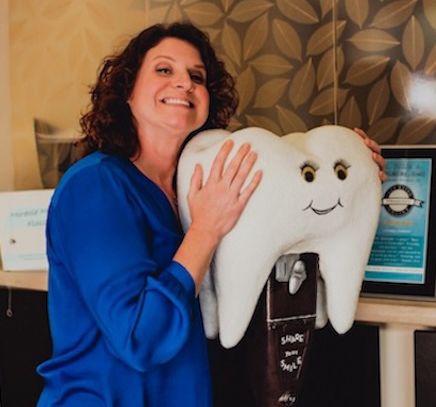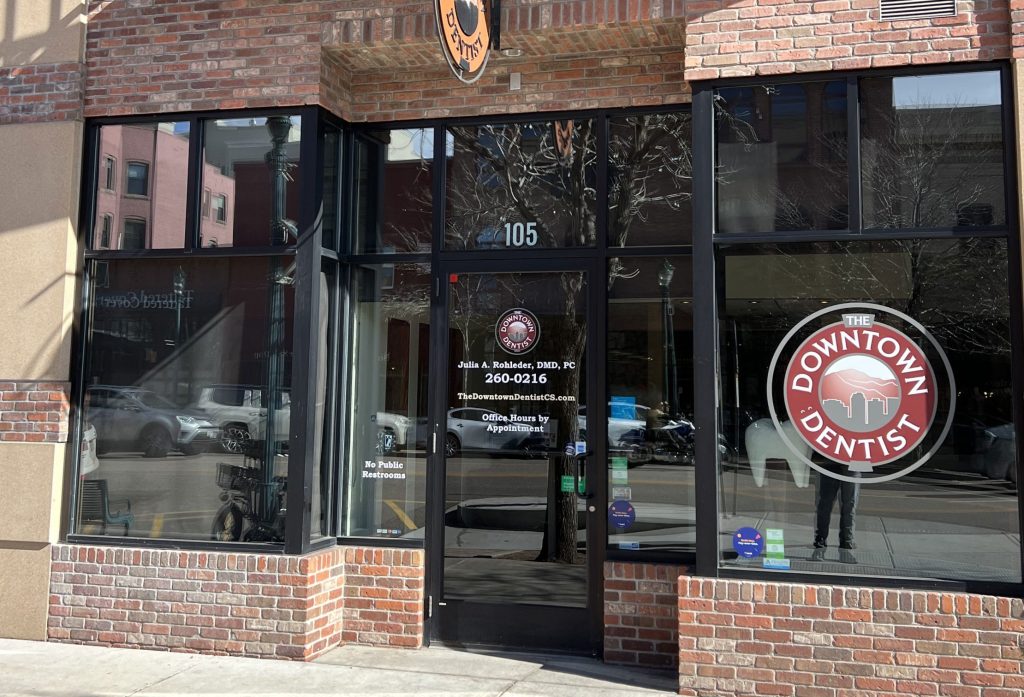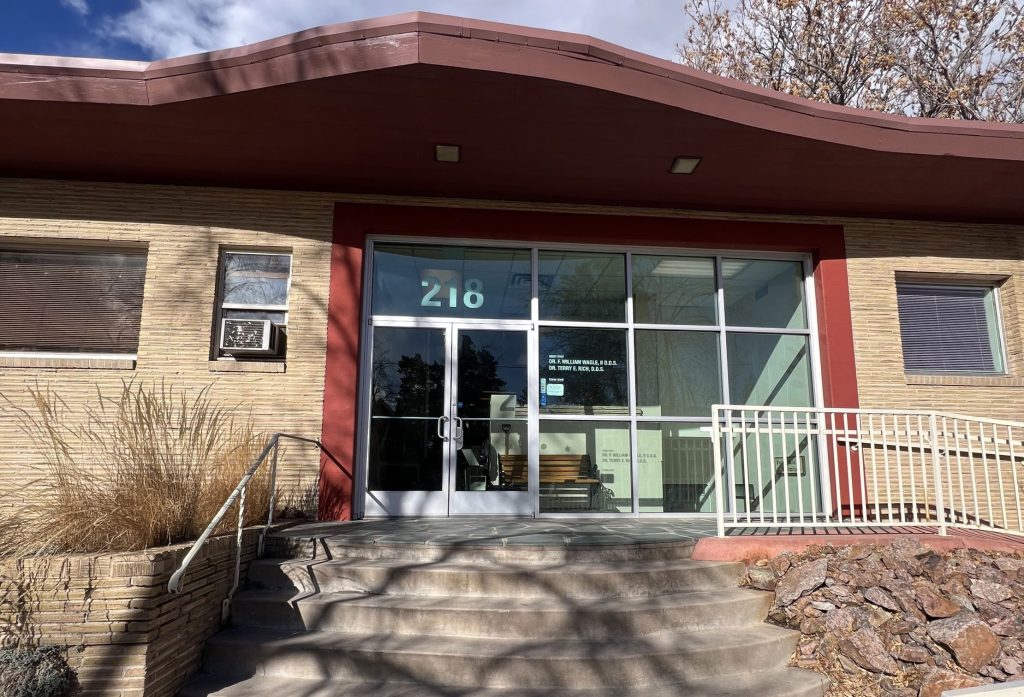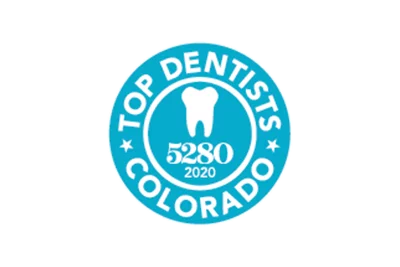Periodontal Therapy

Understanding Periodontal Disease
The causes and triggers of periodontal disease can vary from poor oral hygiene to genetic factors. Identifying symptoms like bleeding gums and bad breath is crucial for early intervention. Factors such as smoking, diabetes, and hormonal changes can exacerbate the condition. Early detection is possible when you work with our team at The Downtown Dentist in downtown Colorado Springs.
Identifying the symptoms
Common signs of periodontal issues include halitosis, sensitive teeth, bleeding gums, receding or swollen gum lines, and gum pain. Bad breath, tooth sensitivity, gum bleeding, and changes in gum appearance may indicate varying stages of gum disease.
If you experience any discomfort or notice these symptoms persisting, it’s advisable to consult the experts at The Downtown Dentist promptly. Being vigilant about these signs can help in early diagnosis and timely intervention to prevent further oral health complications.
Importance of Early Diagnosis for Periodontal Disease
Early diagnosis of periodontal disease is crucial to prevent its progression. Recognizing symptoms like bleeding gums and persistent bad breath can lead to timely treatment, averting further complications. The Downtown Dentist plays a vital role in early detection through comprehensive oral exams and X-rays, enabling tailored interventions.
Diagnostic procedures, including periodontal probing and assessment of gum health, are essential for identifying the stage of gum disease accurately. Early intervention not only preserves oral health but also reduces the risk of associated health problems.
Standard diagnostic procedures
During standard diagnostic procedures, gum health is assessed by measuring pocket depth. X-rays aid in detecting bone loss from periodontal disease, while clinical examinations look for signs of gum disease and periodontitis. Evaluating patients’ medical history helps identify potential risk factors. Regular dental check-ups at The Downtown Dentist are crucial for early detection of gum issues.
Introduction to Periodontal Therapy
The initial phase of periodontal therapy often involves a thorough examination to assess the stage of gum disease. Treatment can range from non-surgical procedures like scaling and root planing to surgical interventions for more advanced cases.
Non-Surgical Periodontal Therapy Procedures
Scaling and root planing, also known as conventional periodontal therapy, aim to remove toxins from the teeth and below the gumline. This procedure is crucial for patients with gingivitis or early-stage gum disease before it progresses. When compared to dental implants, non-surgical options like scaling and root planing are usually the first-line treatment for gum disease. The removal of plaque and tartar, along with proper oral hygiene practices, can prevent health problems like connective tissue loss and bone deterioration.
Scaling and its benefits
Maintaining good oral health involves regular scaling procedures to remove plaque and tartar effectively, preventing gum disease and tooth loss. This vital process reaches areas beyond normal brushing, significantly reducing the risk of developing gum disease. As a key part of dental care, scaling plays a crucial role in preventing more severe health problems related to the gums and teeth.
Root Planing and its effectiveness
Smoothening the tooth root surface, and root planing impedes gum disease advancement by reducing pocket depth, fostering gum-tooth attachment. An effective chronic periodontitis treatment, this procedure aids in maintaining healthier gums.
Use of antimicrobial medications
When combating gum disease, antimicrobial medications play a crucial role in controlling bacterial growth. Typically combined with other therapies, these medications effectively reduce infection and inflammation by targeting harmful mouth bacteria. When used correctly, they can significantly contribute to fighting gum disease and improving oral health. Incorporating these medications as part of periodontal therapy can enhance treatment outcomes and promote better overall oral hygiene.
Surgical Treatments for Advanced Cases
Flap surgery, bone, and tissue grafts are common surgical interventions for advanced periodontal cases. Flap surgery involves lifting the gums to remove tartar and repair bone damage, while grafts help regenerate lost bone and tissue. These procedures aim to restore oral health by addressing severe gum disease complications effectively.
Flap surgery and its procedure
Flap surgery, a crucial procedure for advanced gum disease, entails lifting the gum to access and clean tooth roots thoroughly. This technique provides enhanced visibility and aids in reducing pocket depth significantly. Conducted under local anesthesia, flap surgery ensures patient comfort during the process.
Bone and tissue grafts
Restoring lost bone and gum tissue, grafting procedures aim to rebuild damaged structures, offering support for teeth impacted by gum disease. By promoting the regeneration of bone and soft tissue, grafting becomes crucial for stabilizing teeth in advanced cases. These procedures play a vital role in dental care, ensuring the structural integrity necessary for healthy teeth and gums.
Preparing for a Periodontal Therapy Appointment
Your visit will typically involve a comprehensive examination of your oral health, including assessing the stage of gum disease. Be prepared to inquire about the treatment plan, expected outcomes, and any follow-up care needed.
What to expect during the appointment
During your appointment, expect a comprehensive evaluation of your gum health and oral well-being. Specific periodontal treatments tailored to your needs will be suggested, with detailed discussions on treatment procedures. Depending on the assessment, scaling, root planing, or other necessary therapies may be recommended to address any issues efficiently.
Life After Periodontal Therapy
Maintain optimal gum health by adhering to post-treatment care instructions diligently. Regular check-ups aid in monitoring oral wellness status post-therapy. Lifestyle adjustments might be required for long-term gum health maintenance. Commit to ongoing periodontal upkeep to ensure sustained oral well-being.
Schedule a consultation, today
Understanding what to expect during and after periodontal therapy, including any necessary follow-up treatments, is key to ensuring long-term oral wellness. Proactively manage periodontal issues and safeguard your smile’s health by partnering with our team at The Downtown Dentist in downtown Colorado Springs. Schedule an appointment by calling (719) 260-0216 for our Tejon Street location or (719) 633-3711 for our Willamette Avenue location.

 Dr. Rohleder
Dr. Rohleder Meet the Team
Meet the Team Sterilization Protocol
Sterilization Protocol Frequently Asked Questions
Frequently Asked Questions Careers
Careers












